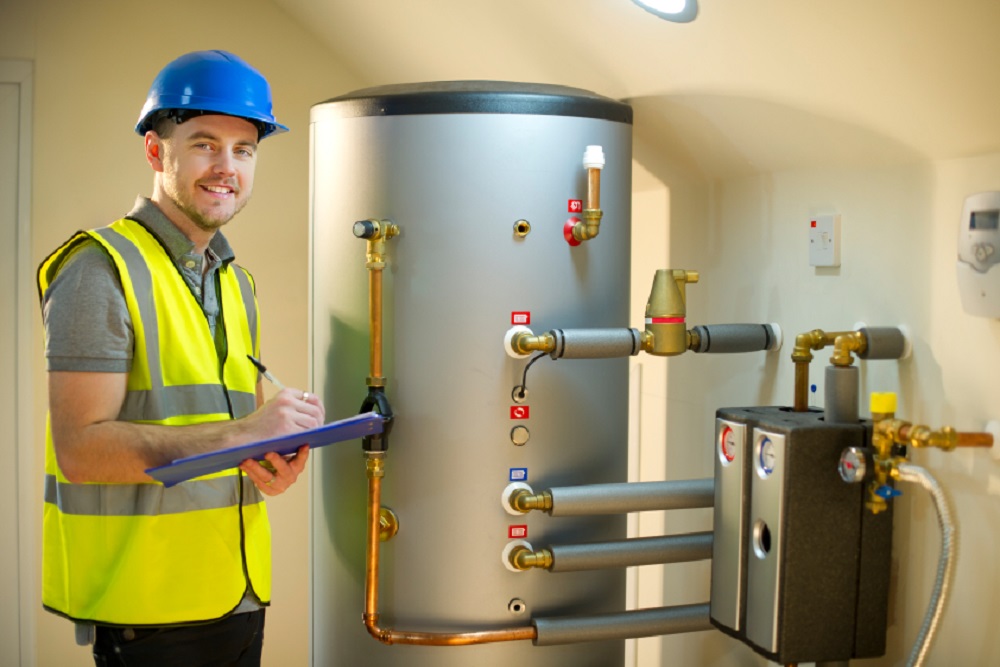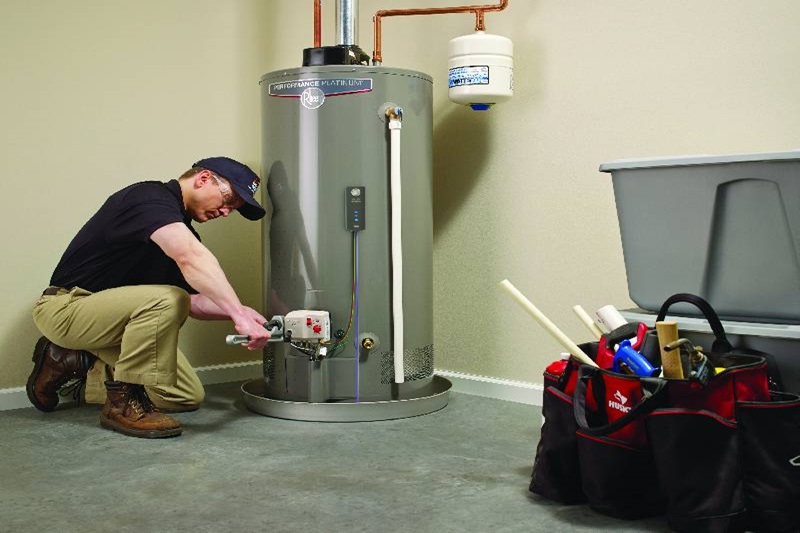
As the autumn leaves begin their swirling dance and flash their fiery hues, that comforting hum of your hot water system has never felt so essential. Have you ever awakened on a chilly morning, trudged to the shower, only to be greeted by a biting blast of cold water? Or have you ever found yourself wading in an unexpected puddle due to a leaking hot water system? I bet you questioned everything about hot water services in those moments, didn't you?
In this blog post, we pull back the curtain and dive headfirst into the world of hot water services. We'll explore everything you need to know, from the myriad types to their respective advantages and considerations. And, to ensure that you're equipped to make informed decisions when the time comes, we'll tackle common questions and offer valuable insight into hot water system maintenance.
Brace yourselves for an enlightening journey into the often overlooked yet crucial aspect of home life: hot water services.
Why Is Choosing the Right Hot Water Service Crucial?
Sipping your morning coffee while catching up on emails or relaxing in a hot bath after a long day are simple luxuries, we often take for granted. However, they all hinge on a seemingly innocuous yet indispensable household feature: your hot water system. Choosing the right one can significantly impact your daily routine, energy consumption, and long-term expenses.
A well-matched hot water system can provide a consistent, efficient supply of hot water tailored to your needs. Buying an oversized or undersized model can result in unnecessary energy consumption or an inadequate hot water supply, making the decision more crucial than you may think.
Moreover, your hot water system's suitability for your home's technical capabilities – such as water pressure and energy source – is critical to ensure proper functioning and optimal efficiency.
What Types of Hot Water Services Are Available?
Hot water systems have greatly evolved over time, providing a plethora of options that vary in size, type, and energy source.
One common type is the storage tank system, which heats and stores water for later use. On the other hand, continuous flow (or tankless) systems heat water only when required, making them pivotal for energy conservation. Heat pump systems, a recent addition, provide a sustainable and highly efficient solution as they extract heat from the air or ground to warm water.
Solar water heaters, another eco-friendly option, harness the sun's energy to heat water. Their installation might be costly, but ongoing running costs are typically lower. If you live in a region with inconsistent sunlight, combining a solar heater with a gas or electric booster creates a hybrid system that ensures hot water supply regardless of the weather.
When Should You Consider Replacing Your Hot Water Service?
The lifespan of various hot water systems varies, but generally, it's between 8 to 12 years. Key indicators of the need for a replacement include irregular water temperatures, unexpected jumps in energy bills, rusty colored water, or clear signs of physical damage like leaking or cracks in the unit.
Routine maintenance can extend your system's lifespan, but inevitably, the time will come for its retirement. When that time arrives, it's crucial to act promptly to avoid more severe consequences like flooding or a sudden cessation of hot water.
How Can You Maintain Your Hot Water Service?
Regular maintenance can significantly enhance the efficiency and longevity of your hot water system. Some maintenance tasks, such as checking pressure relief valves, flushing out the tank to remove sediment, and inspecting for leaks, can be done without professional help.
However, more complex procedures like checking anodes or replacing missing insulation jackets should be left to trained technicians. A professional maintenance service is highly recommended every few years, regardless of any noticeable issue, to prolong your system's lifespan and ensure its optimal functioning.

Navigating the Pros and Cons of Different Hot Water Services
Each hot water system type has its share of pros and cons. While storage tanks are reliable and more affordable upfront, they consume energy continuously and occupy significant space. Continuous flow systems offer space and energy efficiency but may struggle to meet high concurrent usage.
On the other hand, heat pump and solar heaters boast high energy efficiency and lower running costs but have higher upfront costs and may require specific conditions for optimal function. Understanding these pros and cons is vital to make an informed choice that aligns with your needs and circumstances.
Conclusion
Hot water services, although often overlooked, are essential for a comfortable and functional home. From basic hygiene to relaxation, these systems involve themselves in most aspects of our daily routines. As such, making an informed decision about the best hot water system for your home is crucial.
There's no one-size-fits-all solution, and your ideal system might change depending on various factors like your home's size, your locality's climate, and your typical usage pattern. We hope this comprehensive guide empowers you to navigate this seemingly daunting task with ease and confidence.
After all, life's simple pleasures like a relaxing hot bath or a steamy cup of cocoa on a winter night depend on it. So, don't take your hot water service for granted. Treat it with care, make informed decisions about it, and it will repay you with comfort and efficiency.